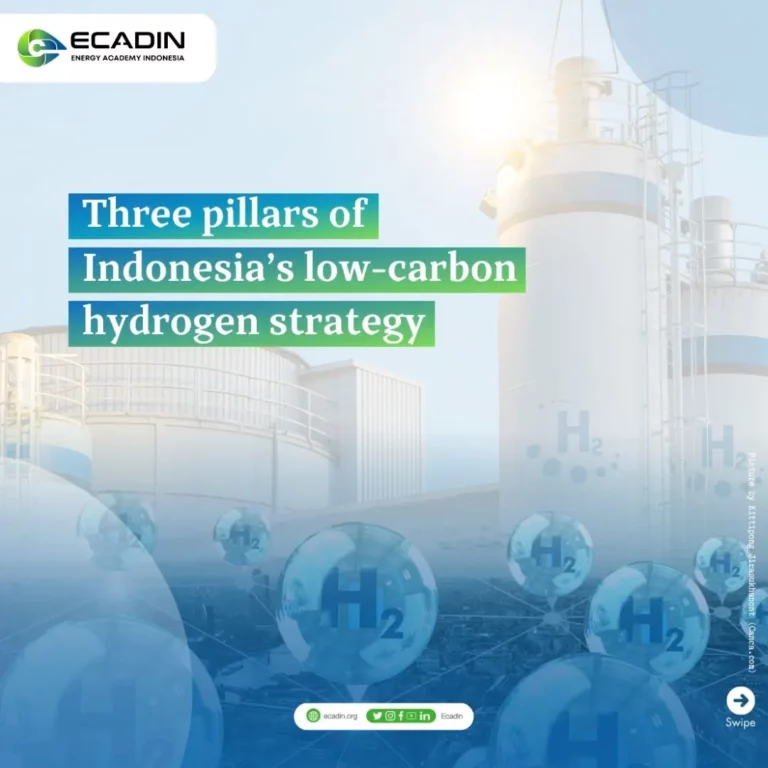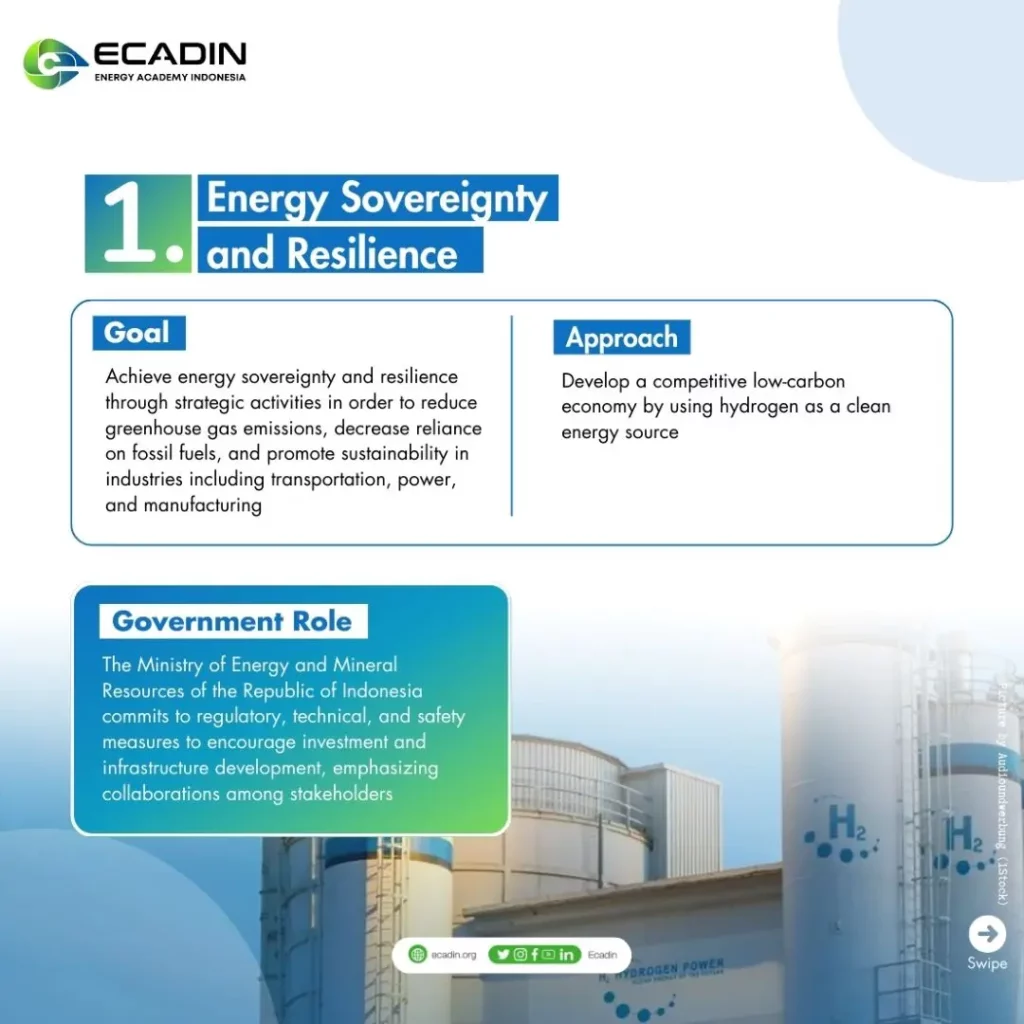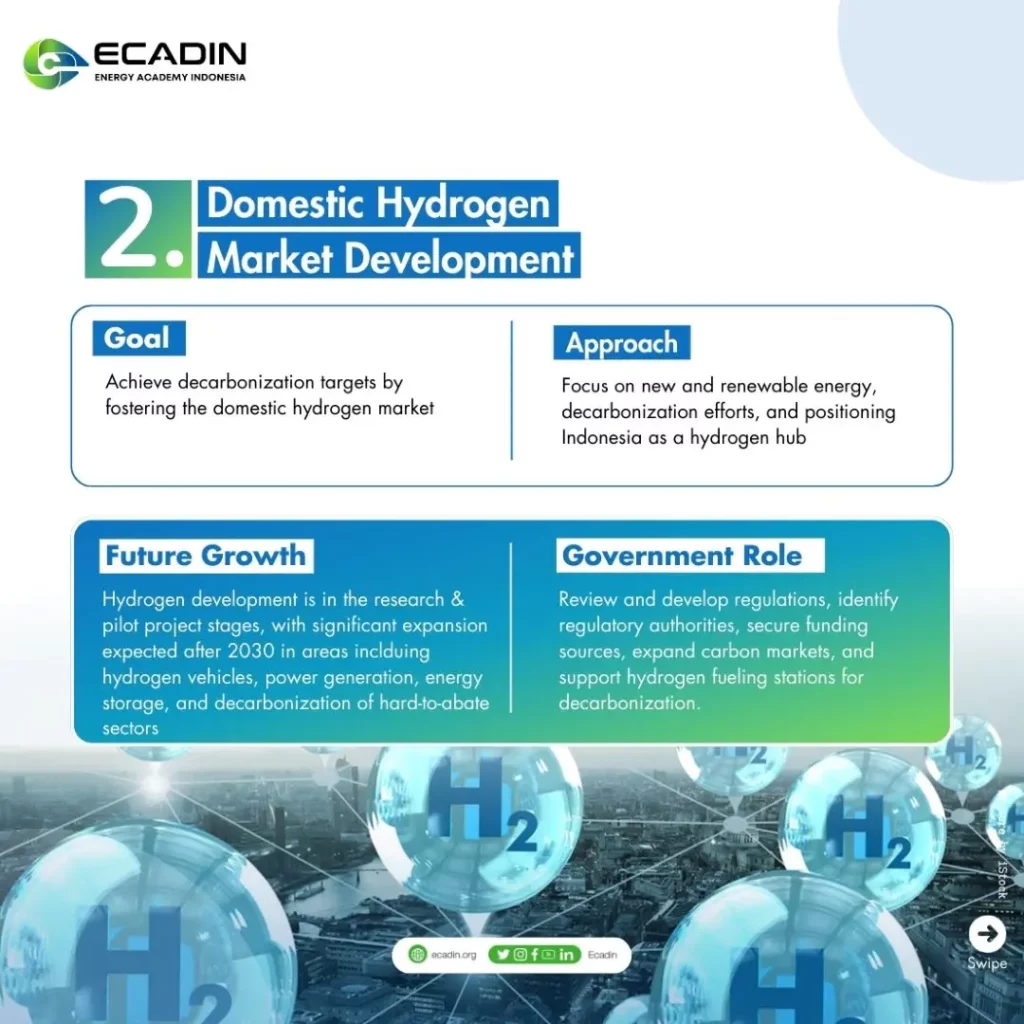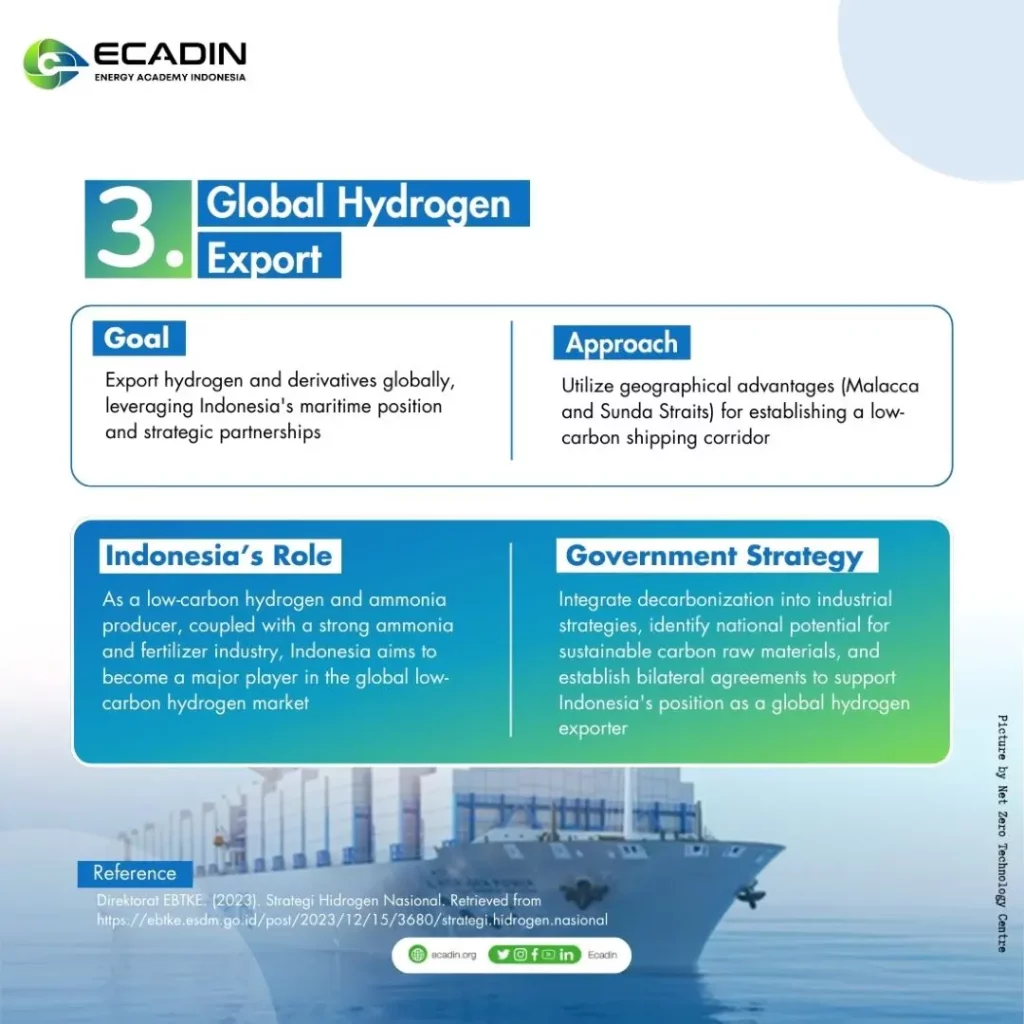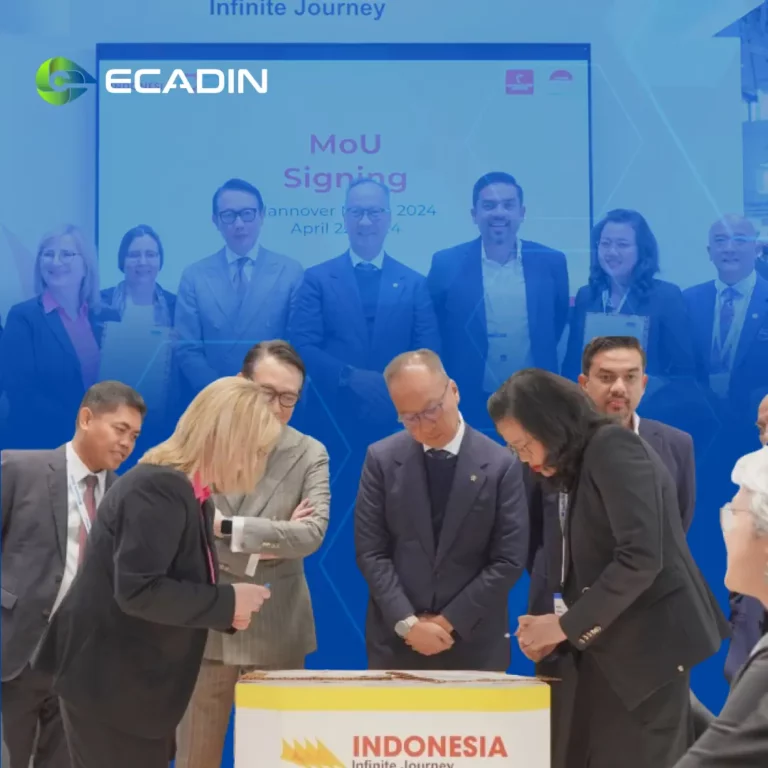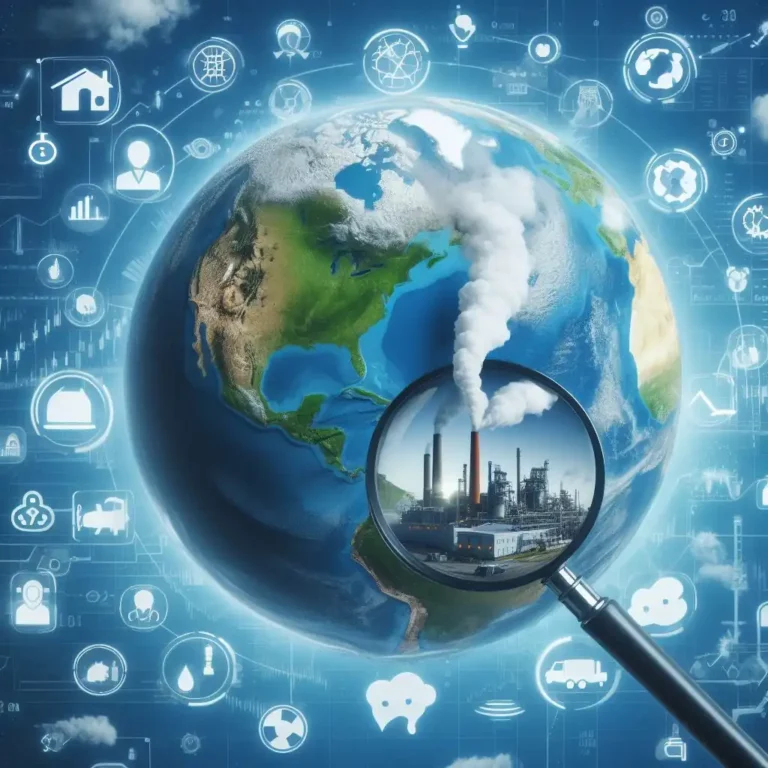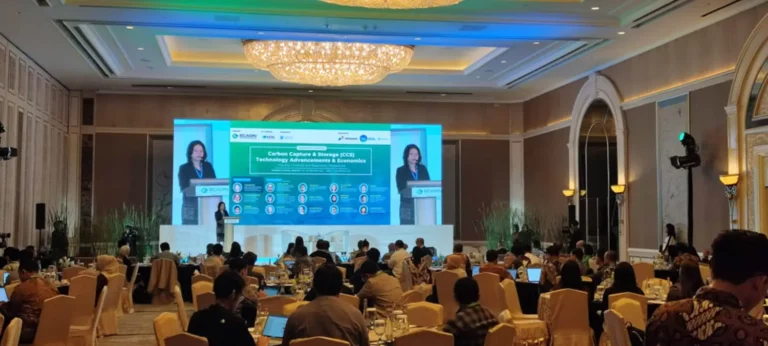Indonesia has outlined three strategic pillars for the development of low-carbon hydrogen:
- Energy Sovereignty and Resilience
- Goal
Achieve energy sovereignty and resilience through strategic activities in order to reduce greenhouse gas emissions, decrease reliance on fossil fuels, and promote sustainability in industries including transportation, power, and manufacturing. - Approach
Develop a competitive low-carbon economy by using hydrogen as a clean energy source. - Government Role
The Ministry of Energy and Mineral Resources of the Republic of Indonesia commits to regulatory, technical, and safety measures to encourage investment and infrastructure development, emphasizing collaborations among stakeholders.
- Goal
- Domestic Hydrogen Market Development
- Goal
Achieve decarbonization targets by fostering the domestic hydrogen market. - Approach
Focus on new and renewable energy, decarbonization efforts, and positioning Indonesia as a hydrogen hub. - Future Growth
Hydrogen development is in the research & pilot project stages, with significant expansion expected after 2030 in areas including hydrogen vehicles, power generation, energy storage, and decarbonization of hard-to-abate sectors. - Government Role
Review and develop regulations, identify regulatory authorities, secure funding sources, expand carbon markets, and support hydrogen fueling stations for decarbonization.
- Goal
- Global Hydrogen Export
- Goal
Export hydrogen and derivatives globally, leveraging Indonesia’s maritime position and strategic partnerships. - Approach
Utilize geographical advantages (Malacca and Sunda Straits) for establishing a low-carbon shipping corridor. - Indonesia’s Role
Utilize geographical advantages (Malacca and Sunda Straits) for establishing a low-carbon shipping corridor. - Government Strategy
Integrate decarbonization into industrial strategies, identify national potential for sustainable carbon raw materials, and establish bilateral agreements to support Indonesia’s position as a global hydrogen exporter.
- Goal



